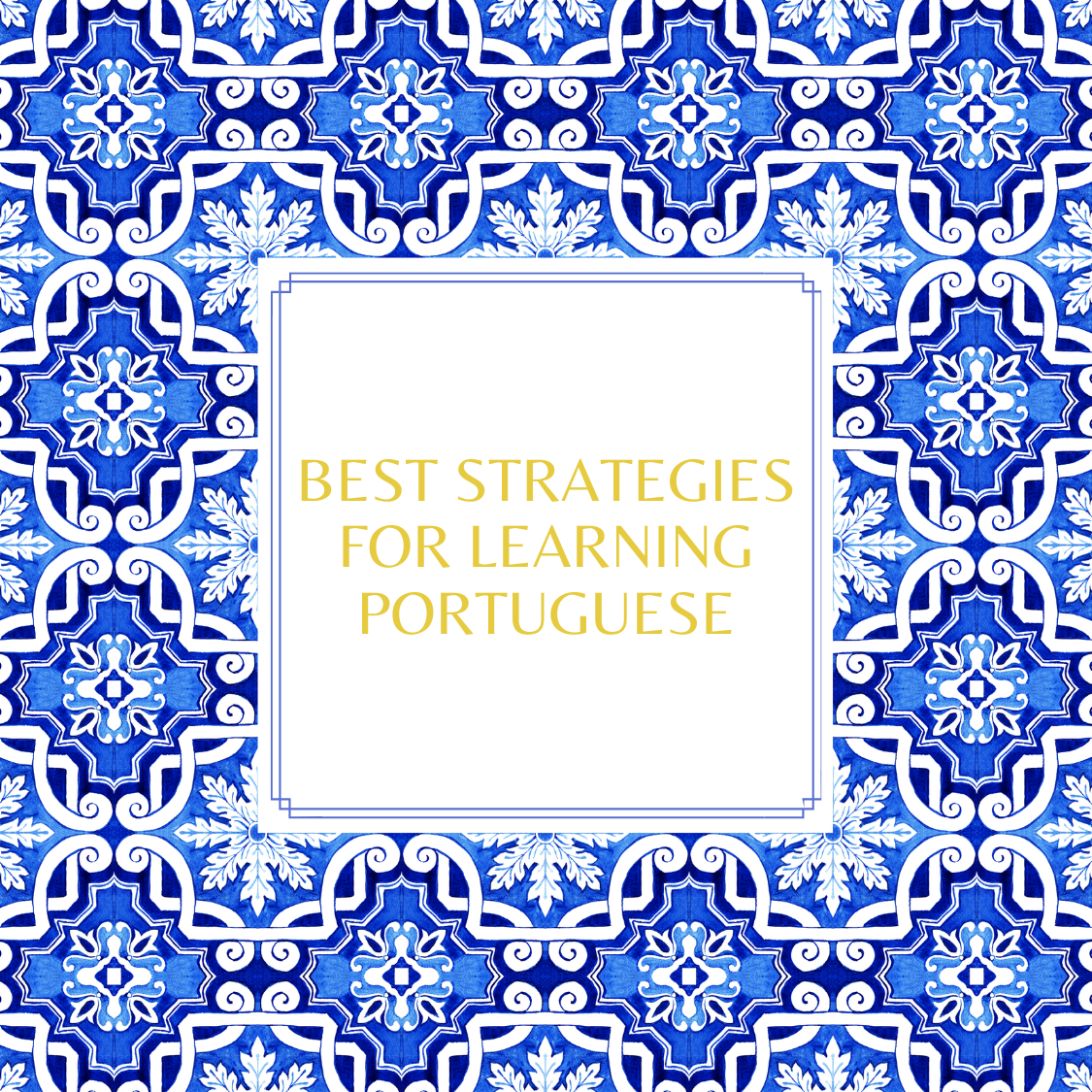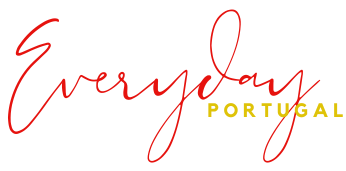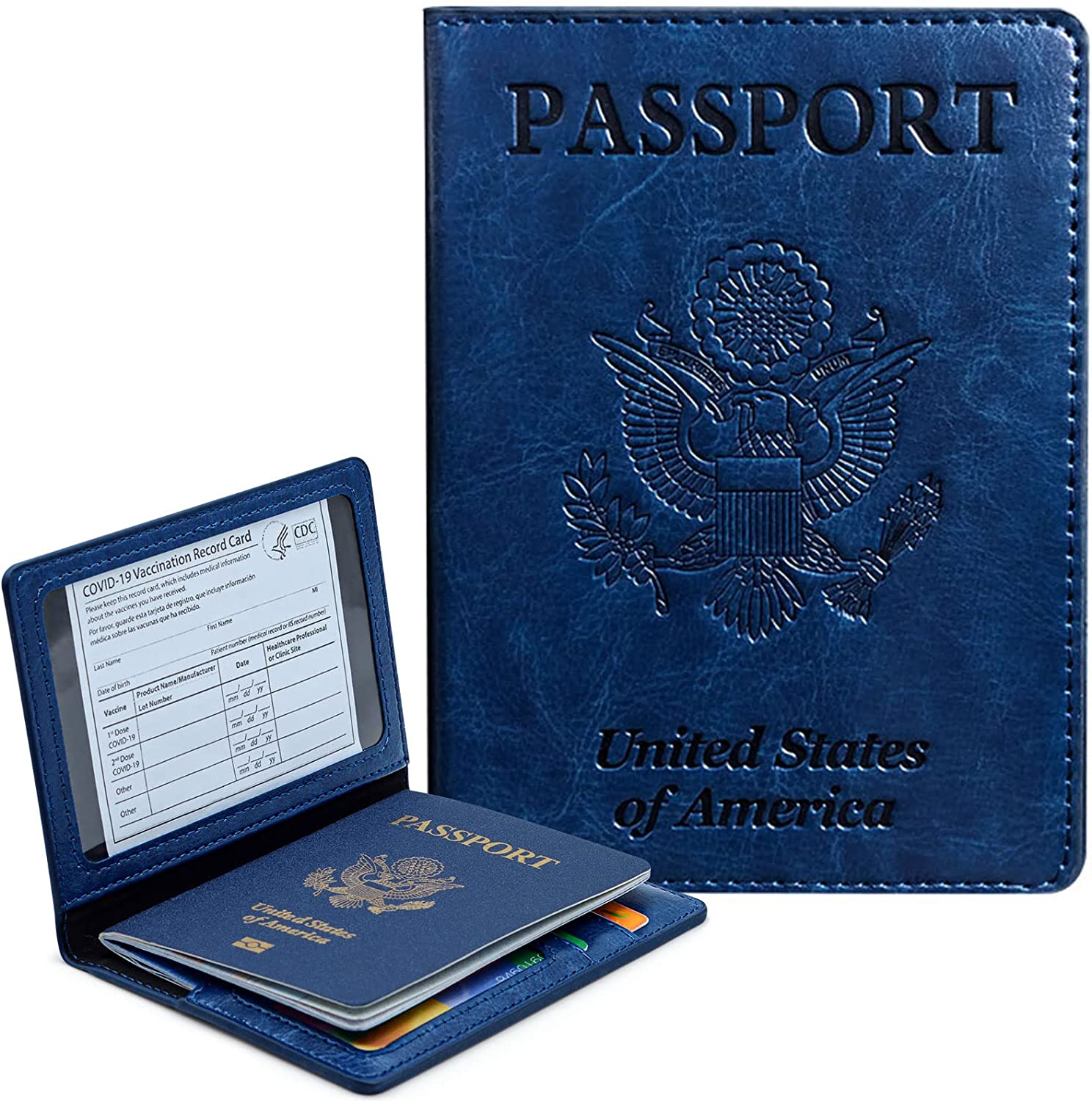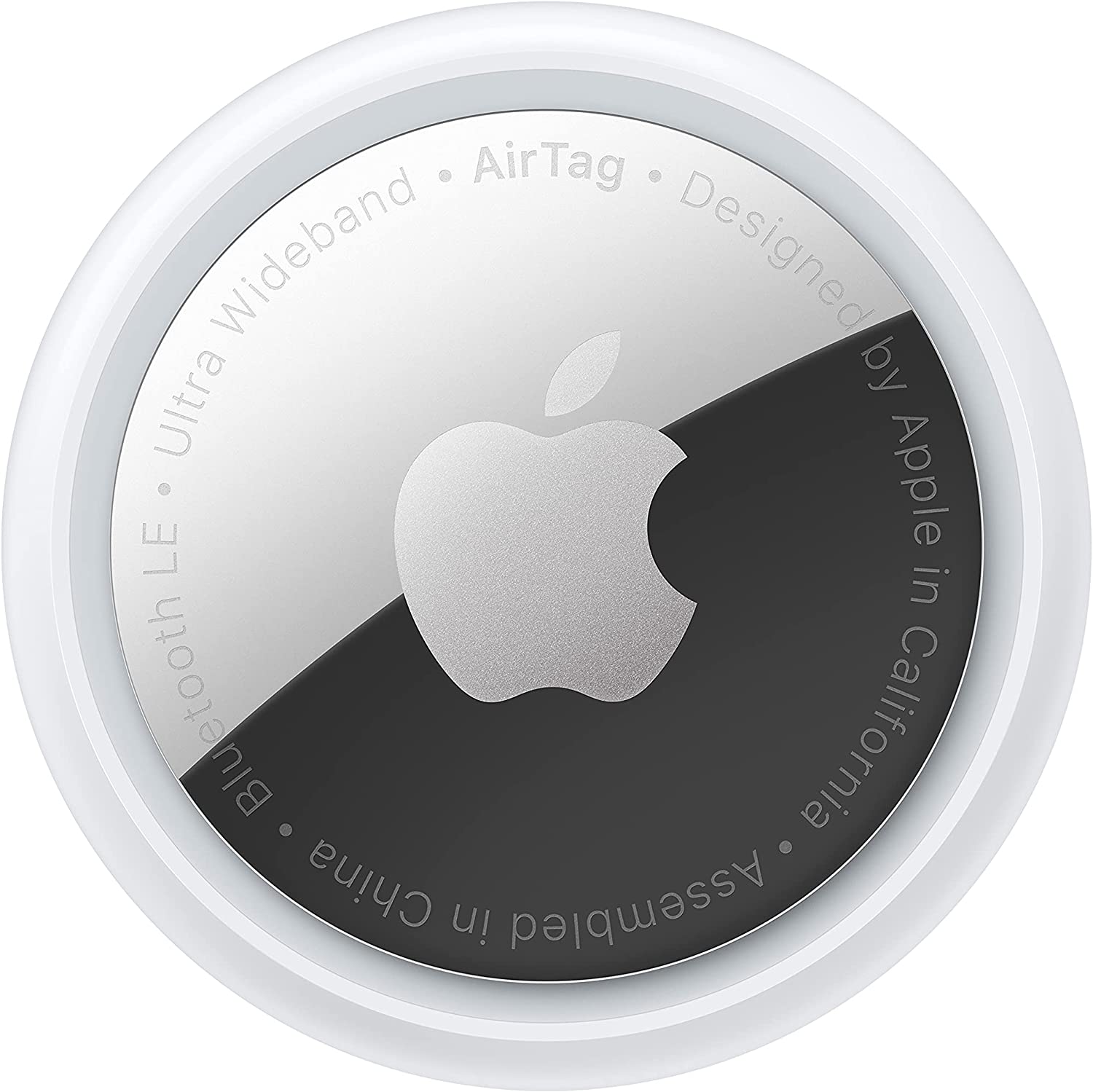
how to learn Portuguese for the CIPLE language exam to qualify for Portuguese Citizenship
Whether you’re relocating to Portugal or on the track to citizenship, you’ll want (and need) to learn Portuguese.
In order to become a citizen, there’s a long language test you must take (I don’t know for sure but heard that it’s 2 hrs long) and you have to be at an A2 level of proficiency or higher.
If you’re living in Portugal, it’s helpful to know the language if you settle into an area without a lot of English speakers but you’ll want to know it so you can really immerse into the culture, make deeper friendships, and navigate medical and government appointments with more ease.
If you’re just visiting Portugal, you can get away with not speaking the language as Portugal has some of the highest number of English speakers in the entire EU… but a good Portuguese “hello” “goodbye” “thank you” “please” and “where is the bathroom” is very helpful. 🙂
Interesting fact: According to theculturetrip.com, Portuguese is the 6th most spoken in the world and the official language of 9 countries, and only 5% of Portuguese language is spoken in Portugal! (this is why it’s so hard to find language apps teaching European Portuguese (vs. Brazilian Portuguese)).
Now, I’m going to give you some straight talk for a minute – Portuguese is not an easy language to learn – especially European Portuguese. All of our Portuguese friends tell us that it’s even hard for their children to learn the language as many of the words are pronounced quite differently from how they are written (so don’t lose heart if it’s hard for you too!)
Portuguese is a latin based language with roots from Galicia and some Arabic thrown in to keep you on your toes! Many words are not pronounced even close to the way they are spelled and the Portuguese speak through almost closed mouths as they swallow their words. Of all the languages I’ve tried to learn so far (including Japanese), Portuguese has been the most challenging by far, but here’s what I’ve used to finally crack the code on learning the language.
I’ve tried every Portuguese app and online program out there and there are many! So, I’m just going to list what has worked for me. If you don’t see a program listed, it means it didn’t work for me but it doesn’t mean it won’t work for you – so if you know of other programs you want to try, give them a whirl! We all learn differently and something that worked for me might not work for you and vice versa.
1. For starting off strong, try Preply – Before we moved to Portugal and after we arrived, we worked with a private language tutor through Preply . It was great to have a tutor from Portugal who was in Portugal before we made the move. Our tutor, Teresa, gave us a lot of insider and practical information on living in Portugal too.
I appreciated having a private tutor vs doing a group class or language app (although I do utilize the apps as well) because lessons were tailored to my needs and abilities and we were able to be flexible with how the lessons were taught and what we covered. It was great! I highly recommend using Preply as part of your language learning process. By clicking on the link , you’ll get 70% off your first lesson. You can also have your Preply teacher create a reading group for you.
My Preply teacher has chosen a simple child’s book for a group of us to read aloud and discuss with her in Portuguese. It’s a really comprehensive way to learn the language because you’re seeing it, reading it, hearing it, and speaking it at the same time. It makes your comprehension soar!
2. For learning Grammar, get Portugues em Foco with the Audio exercises – This is a great series for learning the grammar and vocabulary you’ll need to know to pass your language exam if you’re on the citizenship track. This is a workbook that many language schools in Portugal use to teach the language. It’s been really helpful and when you finish each book, you understand which learning level you’re really on. This series of books goes from level A1 through level C2. If you’re already in Portugal or Europe, you can purchase it here .
3. For making it fun – use DuoLingo : I know, I know…DuoLingo teaches Brazilian Portuguese but I got so frustrated learning Portuguese that I needed to find a way to make it fun. And, DuoLingo is FUN! They’ve gamified the entire language learning process, let you both challenge and cheer on your friends, and have engaging ways of encouraging you to practice every day that keeps you on track. It’s worth adding DuoLingo to your language learning tool box. If you wait to use DuoLingo until you’re in Portugal, you’ll easily be able to tell what’s different between Brazilian and European Portuguese and you’ll know instinctively how to pronounce words in European Portuguese without even thinking about it…so you don’t have to feel too concerned about learning Brazilian Portuguese. In the long run, it just helps you learn Portuguese.
4. For learning the European Portuguese accent, try Pimsleur – Pimsleur primarily focuses on Brazilian Portuguese but they do have one unit for European Portuguese and it’s long enough to coach you for at least a year. It’s really helpful for learning the Portuguese accent and for pronouncing words correctly.
5. Watch TV! – find a Portuguese series and turn on the Portuguese subtitles as well. There are a few series on Netflix that you can find but also, once you’re in Portugal, you can watch the local news or cooking shows. I’ve found the cooking shows to be really helpful because they speak slower because they are teaching plus you learn a delicious new Portuguese recipe. It’s a win-win!
6. Practice in the Real World – I challenge myself to try to speak in Portuguese with my Portuguese friends & whenever I go to a store or cafe. I say simple sentences but try to get my point across and if someone switches into English, I ask them if I can try to practice my Portuguese with them. They always oblige and are so kind in helping out. Be ok with making mistakes…no one cares. They are just happy you’re trying.
7. Listen to Portuguese Music & Podcasts – and here, I go back to not being too concerned with listening to music that’s from Brazilian artists. I listen to both Brazilian & European Portuguese music and both help with learning the language, especially common sayings/idiomatic expressions and navigating various accents. I search for Portuguese songs in Spotify & Amazon Music and create playlists for myself that I listen to over and over again to fully absorb the lyrics. Listening to Portuguese music has helped me hear the separation between words better when I’m in conversation with a fluent Portuguese speaker.
There’s a much larger library of Brazilian Portuguese songs out there so just searching in Spotify & Amazon will turn up plenty of music there but if you want to find European Portuguese music, this is a playlist of some songs a few of my Portuguese friends recommended.
There are several European Portuguese podcasts in Apple Podcasts. I’ve been listening to “Portuguese with Leo” and “Portuguese Lab” recently but there are several more available. Just make sure you search for “European Portuguese podcasts” in the search engine.
There are many, MANY more ways to learn Portuguese out there. If you go into the Facebook groups for expats, immigrants, or people traveling to Portugal you’ll find loads and loads of recommendations. I just wanted to list the resources that are working for me personally. Whatever you do, just practice! There’s no right way to do this; just whatever the best way is for YOU. Happy Practicing!!
Até próxima,
Everyday Portugal
ps – we’d love to hear from you and keep our coaching series as up-to-date as possible. If we have missed any crucial information that would be valuable or if there’s a topic you’d really love us to cover, please email us using the contact form below.
Grab Our FREE "Moving To Portugal" Coaching Series
This simple, step-by-step email series will walk you through the most crucial to-do’s for moving to or investing in Portugal.
Get how-to’s plus important resources for Visa/Immigration, Banking in Portugal, Relocation & Real Estate, Finding a Job/Creating Passive Income, Learning Portuguese and more! Plus, get access to our FREE Members’ Resource Library.






